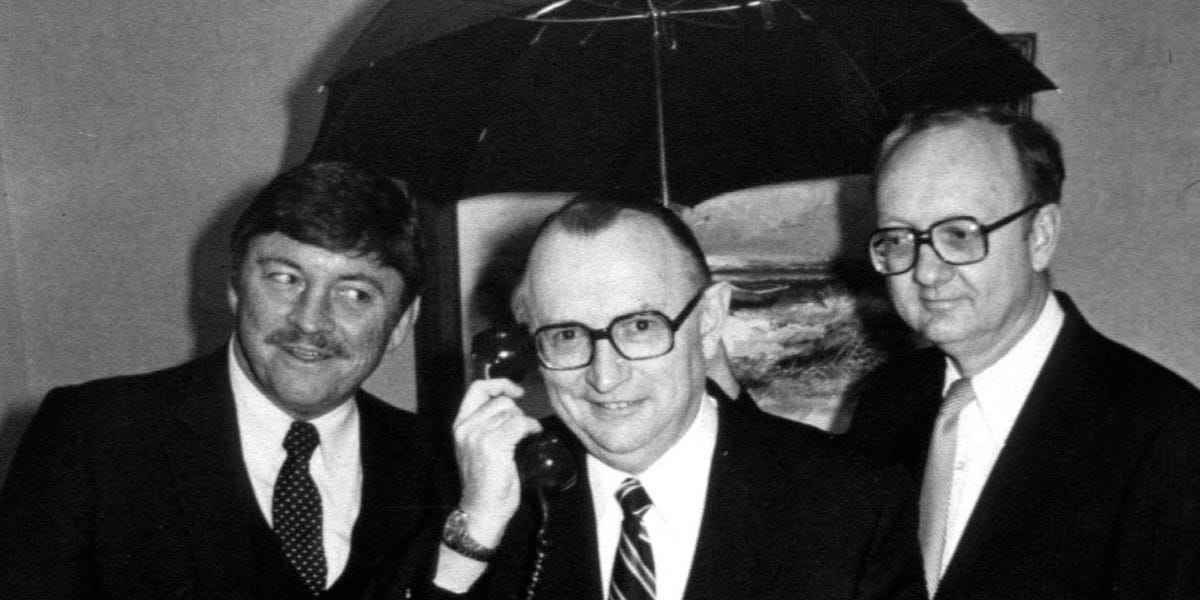knowing vs. doing
exploring the difference between having knowledge and being able to act on it. the difference between reading a lot and being able to integrate and embody those learnings.
sari and
knowing vs. doing
sari and


1965 letter from artist Sol LeWitt to sculptor Eva Hesse on overcoming self doubt